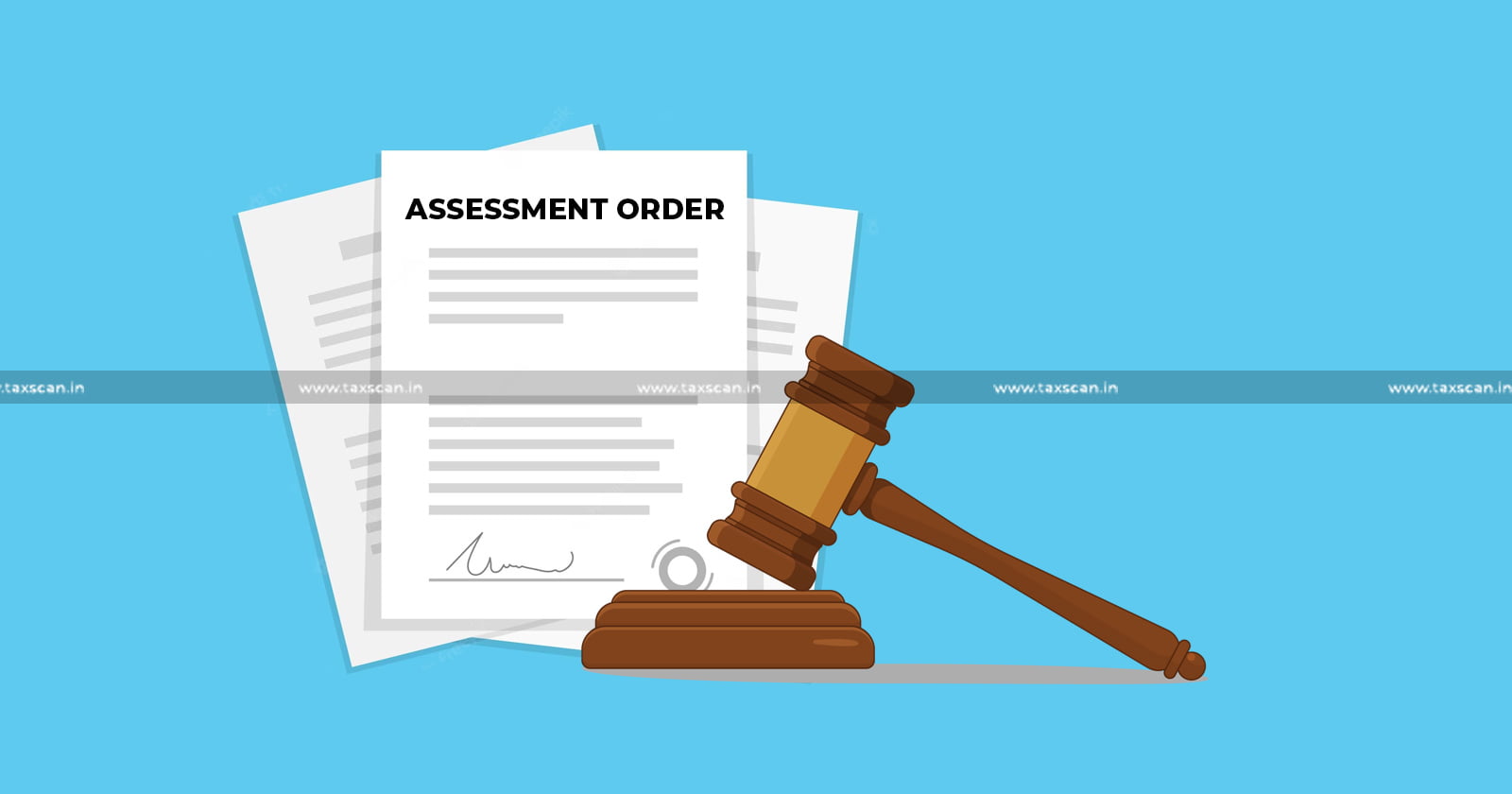Introduction
In a landmark decision, the Income‑Tax Appellate Tribunal (ITAT), Kolkata Bench, has struck down a ₹1 crore addition made by the tax department against Lahoti India Ltd. The tribunal ruled that money received as advances and later refunded cannot be regarded as taxable income. This verdict underscores fundamental principles of taxation and offers significant lessons for businesses and tax professionals alike.
This article delves deep into the case, its legal implications, practical takeaways, and frequently asked questions—all presented in an engaging, beginner-friendly format by Manika FinTax Solutions.
🔍 Case Highlights
-
Assessee: Lahoti India Ltd.
-
Transaction: Received ₹1.00,02,000 in advances from four entities for land sale.
-
Incident: Cash stolen on day of receipt, later retrieved, agreements canceled, and advances refunded via account-payee cheques.
-
Controversy: Initial statement under duress led officials to treat the advance as income and add it to taxable income.
-
Decision: ITAT bench (Pradip Kumar Choubey & Rajesh Kumar) held that refunded money isn’t income; tribunal allowed the appeal
Legal Analysis
1. Definition of Income
-
Taxable income is what a taxpayer retains. Since Lahoti India Ltd. didn’t retain the funds—they returned it—the transaction fails to satisfy the definition of “income” under the Income Tax Act .
2. Bona Fide Transaction
-
The refund was conducted transparently, with proper banking documentation and a police complaint, confirming good faith and accounting integrity .
3. Misinterpretation Due to Duress
-
Initial AO’s addition was influenced by a statement made under pressure. The tribunal recognized this, stressing the need for voluntary, accurate disclosures.
Table: Tax Treatment of Advances
| Situation | Taxable? | Reason |
|---|---|---|
| Advance received & retained permanently | ✅ | Treated as income if not refunded |
| Advance refunded in same year | ❌ | Not income unless retained |
| Refund after partial retention | ❌ | Only retained part is considered income |
| Refund with supporting evidence | ❌ | Transparent refund with proper documentation is valid |
Practical Implications
For Businesses
-
Record all refund transactions clearly and maintain supporting documents such as bank statements, canceled agreements, and police FIR copies.
-
Ensure refunds are processed via account-payee cheques or bank transfers to maintain transparency.
For Tax Advisors & Auditors
-
Watch for temporary income classifications that later disappear with refunds.
-
Advise clients that refunded amounts without proper documentation do not qualify as taxable income.
For Tax Officials
-
Verify whether received advances were retained or refunded before making tax additions.
-
Avoid treating statements under intimidation as conclusive evidence, especially when contradicted by documentary proof.
Real-World Example
A mid-sized realty firm faced a ₹50 lakh addition from the AO after an advance was erroneously considered income. The firm promptly refunded the advance after the deal fell through, supported by detailed records. The appellate tribunal reversed the AO's addition, applying the same legal principle as in the Lahoti case.
Key Takeaways
-
Retention is crucial: Only retained receipts count as income.
-
Transparency wins: Refund with clear documentation avoids tax issues.
-
Protect voluntary disclosures: Records clarify the nature of transactions.
-
Tax literacy matters: Early consultation reduces disputes.
FAQs
1. Are all advances refundable tax-free?
No—only those refunded with adequate evidence. Retained funds or unverified refunds may be taxable.
2. What documents are essential for a refund?
Bank statements, cheques, canceled deed, FIR (if applicable), and communication records.
3. What if the AO includes the advance under pressure?
Appeal to CIT(A) or ITAT, citing documentation and asserting that it wasn’t retained income.
4. Does this ruling apply to all advance refunds?
Yes—if proven refunded and not retained, across sectors. Genuine refunds are not taxable income.
5. How can I avoid such surprises?
Maintain refund trails, engage auditors early, and consult tax professionals proactively.
Conclusion
The ITAT Kolkata ruling is a timely reminder: only retained receipts qualify as taxable income. Businesses should proactively manage advances and refunds with proper documentation to avoid unnecessary tax burdens.
Call to Action
Need help with advance transactions, tax compliance, or ITR filing? Contact Manika FinTax Solutions today for expert paid filing support—stress-free and accurate!
Keywords: ITAT Kolkata ruling, refunded advance income tax, advances not income, Lahoti India Ltd case, income tax refund treatment, taxable advance refund, ITAT decision ₹1 crore refund, Manika FinTax Solutions.
Thanks for reading—stay informed with Manika FinTax Solutions! 🚀



Post a Comment
0Comments